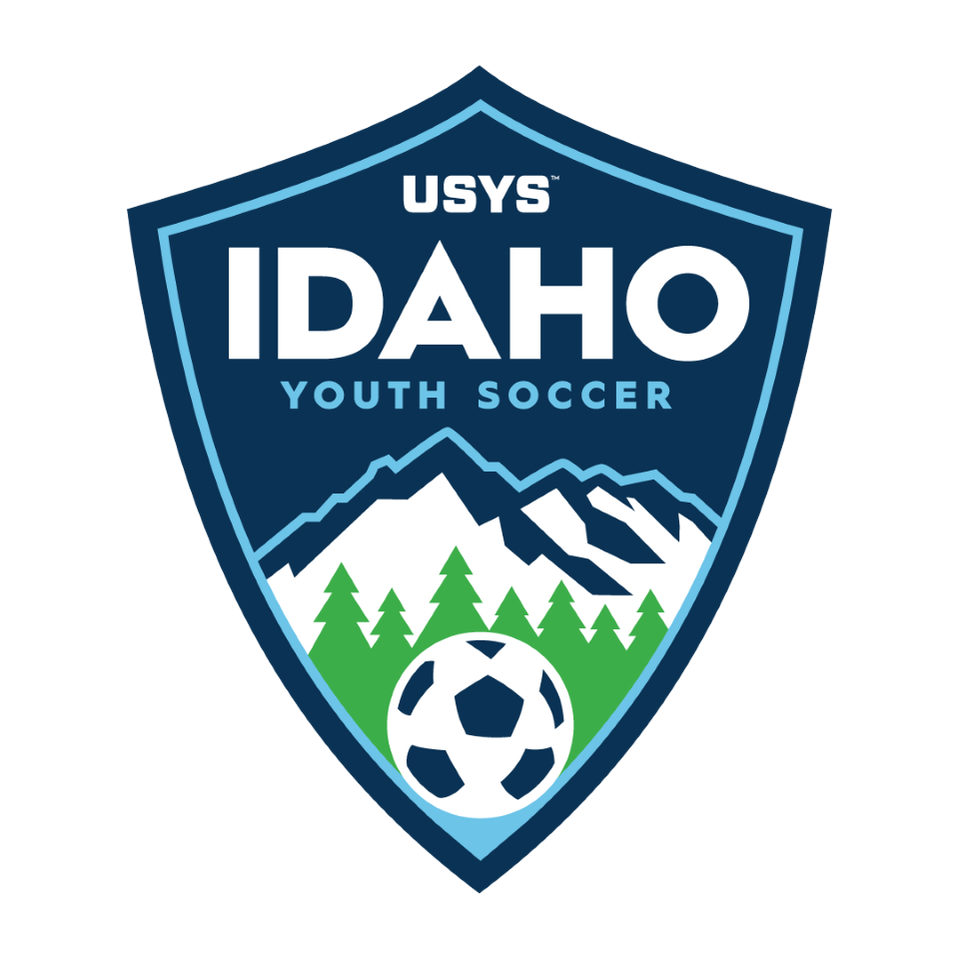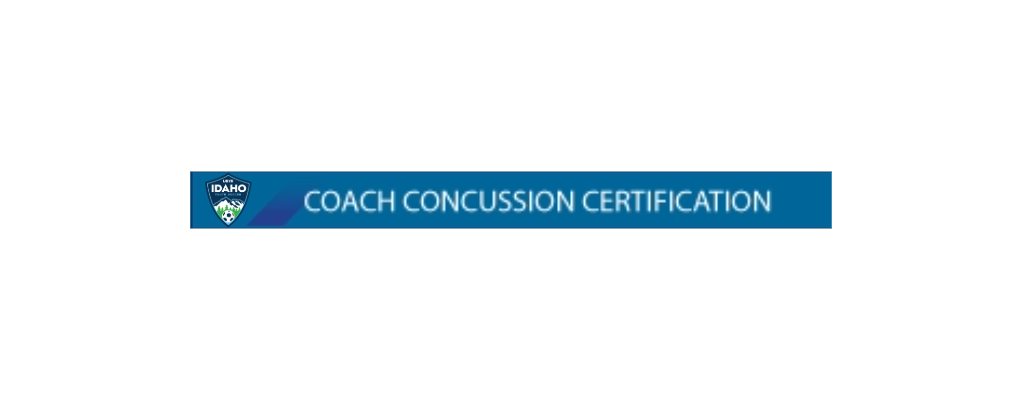
ALL coaches within IYSA are to be educated on the concussion guidelines (diagnosis and return to play etc.) either via online certification or by attending a certification class. In order to obtain an IYSA coaching card and to be allowed on the sidelines all coaches must complete one of these courses. This will be renewed each year prior to being allowed to coach or be on the sidelines of any team.
A list of courses are available HERE
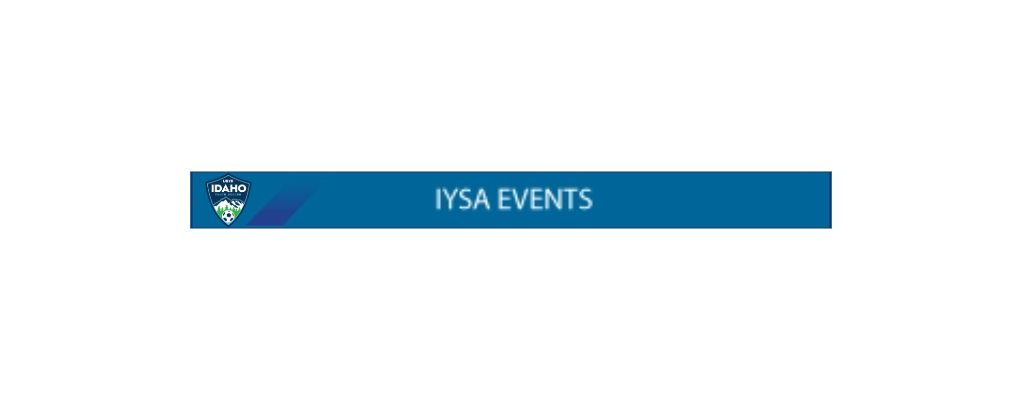
IYSA ran events include but are not limited to, GEM State Challenge, Directors Cup and State Cup.
IYSA will have concussion certified independent evaluators that will be called to any game where a suspected concussion has occurred. The player will not be evaluated by the coach but rather by the IYSA appointed medical evaluator. If the player is deemed to have had a concussion then the player will not return to play that day.They will then need to get a formal medical release prior to return to play.
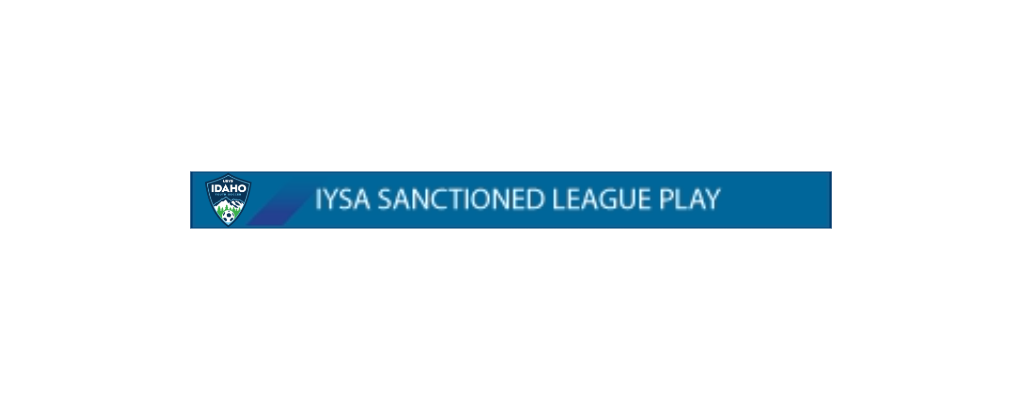
IYSA realizes that not every league venue can have medical personnel available. However if there is medical personnel available then refer to the same rule that IYSA has for its events.
Those that do not have medical personnel available we ask that “when in doubt, sit them out” and follow the guidelines that IYSA has outlined on the following pages.
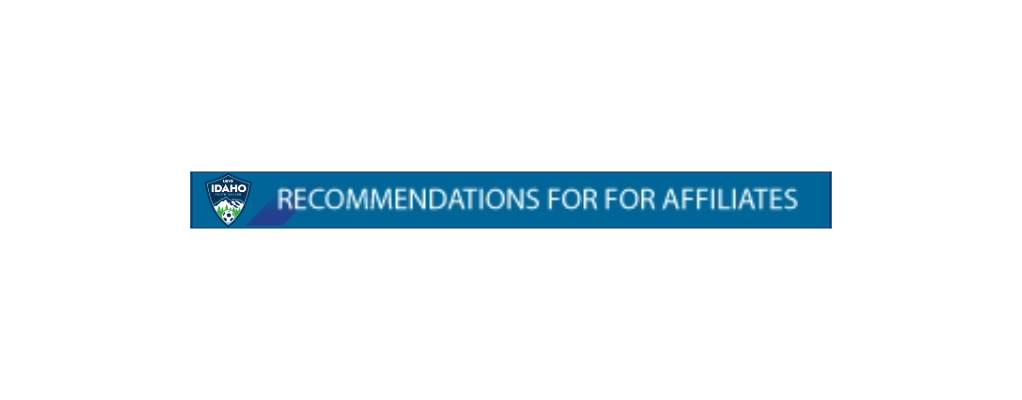
IYSA recommends to ALL affiliates of the state that at a minimum they follow these guidelines in regard to concussion:
A) Player baseline testing- It is recommended that all players obtain baseline testing (i.e. IMPACT test)
B) Coaches are properly educated
C) Sideline diagnosis: when possible, utilize certified medical staff for evaluation. If independent evaluation is not available follow “When in Doubt, sit them Out”. There are several sideline evaluations that can be used by coaches if they are comfortable with utilizing them. We recommend the SCAT3 and pocket SCAT3 assessments.
D) Return to Play is a difficult and ongoing debate in the medical world, however current best practices follow the Zurich II guidelines should be followed (see below)
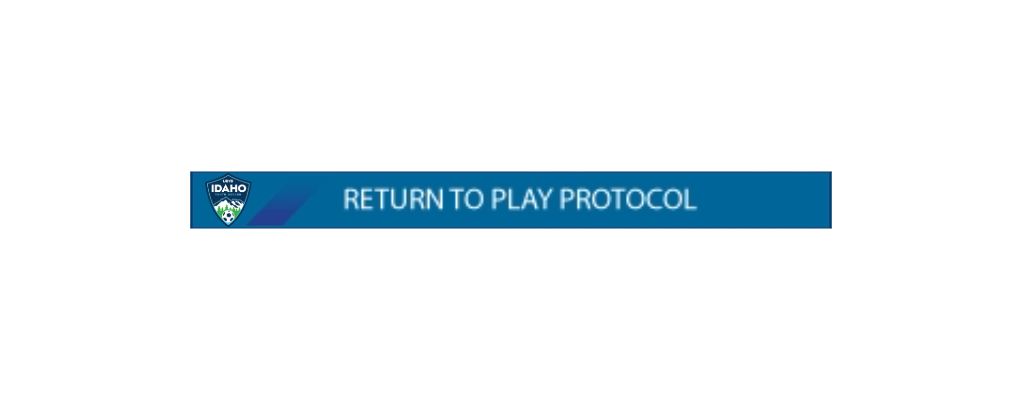
| Rehabilitation stage | Functional exercise at each stage of rehabilitation | Objective of each stage |
|---|---|---|
| 1. No activity | Symptom limited physical and cognitive rest | Recovery |
| 2. Light aerobic exercise | Walking, swimming or stationary cycling keeping intensity <70% maximum permitted heart rate No resistance training | Increase Heart Rate |
| 3. Sport-specific exercise | Skating drills in ice hockey, running drills in soccer. No head impact activities | Add movement |
| 4. Non-contact training drills | Progression to more complex training drills, e.g., passing drills in football and ice hockey May start progressive resistance training | Exercise, coordination and cognitive load |
| 5. Full-contact practice | Following medical clearance participate in normal training activities | Restore confidence and assess functional skills by coaching staff |
| 6. Return to play | Normal game play |
Please refer to the complete Zurich II Guidelines for details regarding the International Consensus Statements… this can be found at the following link…http://bjsm.bmj.com/content/47/5/250.full#T1
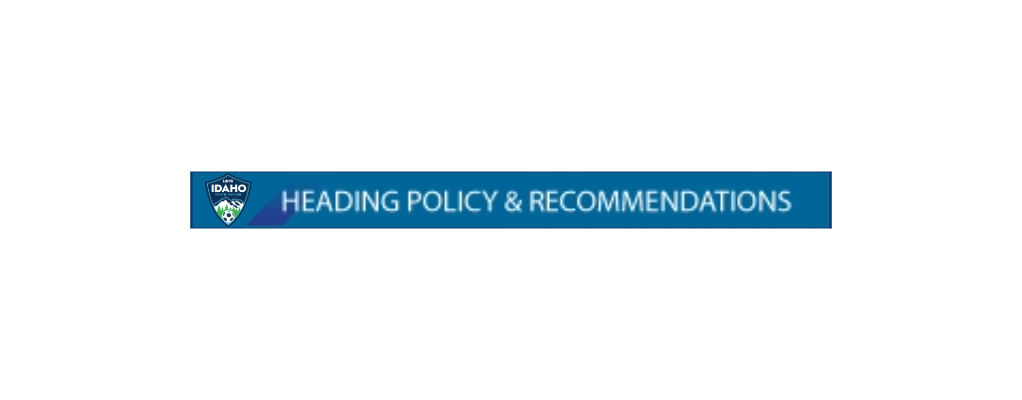
- Heading at U10/U11 is prohibited. This includes league and tournament play
- When a player deliberately heads the ball in a game, an indirect free kick (IFK) should be awarded to the opposing team from the spot of the offense. If the deliberate header occurs within the goal area, the indirect free kick should be taken on the goal area line parallel to the goal line at the point nearest to where the infringement occurred. If a player does not deliberately head the ball, then play should continue”
IYSA is strongly recommending that affiliates instruct their coaches not to practice heading the ball under the age of 13. There is ample medical evidence to support the increased risk of concussions and sub-concussive injury to the brain when heading the ball. The head size to neck strength balance is not sufficient in ages younger than 13. It is further recommended that between the ages of 13 and 17 that heading be limited in practice and that standard coaching methods on how to head the ball be instituted by the Affiliates. IYSA will also assist Affiliates as needed to help teach coaches these techniques to better reduce the risk of heading the ball leading to concussions.
